The government-funded recycling delivery organisation said in its latest market situation report out this week that the volume of exported plastics has grown almost ninefold in the last seven years – a hike from 50,000 tonnes to 450,000 tonnes – in 2006.
However, the Waste and Resources Action Programme (WRAP), added: “A number of events during 2007 have eroded the financial benefits and highlighted the possible risks of depending heavily on export markets.”
Quality
The most pressing issue for the immediate future of the recyclable market was quality, according to WRAP, which said Chinese laws now require plastics to be clean and processed before being imported, but that the “application of these standards varies widely” in the UK.
It raised concerns that in recent months, Chinese authorities had reportedly “tightened import controls” and while this was not yet having an impact, it feared a “severe clampdown” similar to that in 2005 in Nanhai, a district in the southern province of Guangdong, China.
In Nanhai, the Chinese government shut down most of the plastic recycling factories because of their poor environmental standards, leading to a backlog of material waiting to enter the country. WRAP fears that a similar occurrence now “could partially close the Chinese market to UK material for an extended period”.
| Recovered plastic exports from UK ('000 t): |
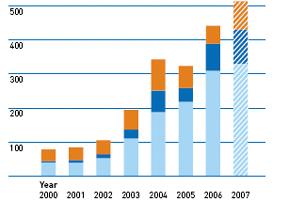 |
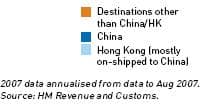 |
The report also highlighted other incidents this year which have negatively affected exports. These include increased shipping costs (see letsrecycle.com story), and the new EU Waste Shipments Regulations which saw initially saw plastics placed on the prohibited list.
Closed loop
WRAP explained that on both occasions, the market bounced back within a month but the risks associated with relying on one market posed a challenge for the future.
The organisation suggested: “Widening the markets for UK recovered plastics, for example through applications such as closed-loop bottle recycling, could help mitigate these risks.”
All of the UK's bottle reprocessing capacity is open loop which means the material is turned into a product which is different to the original. However, a number of companies, some of which have received financial support from WRAP, have already revealed plans to close the loop and recycle bottles back into bottles.
These include Petagain, Baylis Recycling, Closed Loop London, JFC Recycling, Intercontinental Recycling, Nampak Plastics and Alternative Waste Solutions.
WRAP also predicted that closed loop recycling because of its more sophisticated technology would help remove the stigma, existing in some cases, of recycled plastics as “imperfect substitutes” for virgin plastics.
The report also predicts that the UK's reprocessing capacity – both closed and open loop – will reach 70,000 tonnes per annum next year, which is expected to divert material from export.
Most of the plastic recycled in the UK is packaging but the report also explains that regulatory drivers have lead to increases in the recovery of non-packaging plastics in recent years.
For example, 35,000 tonnes of plastics taken from end-of-life vehicles are currently recovered in the UK each year, as is 75,000 tonnes of plastics extracted from waste electronic and electrical equipment.




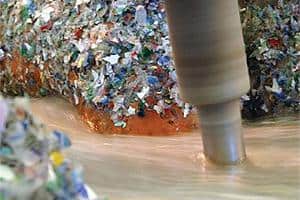

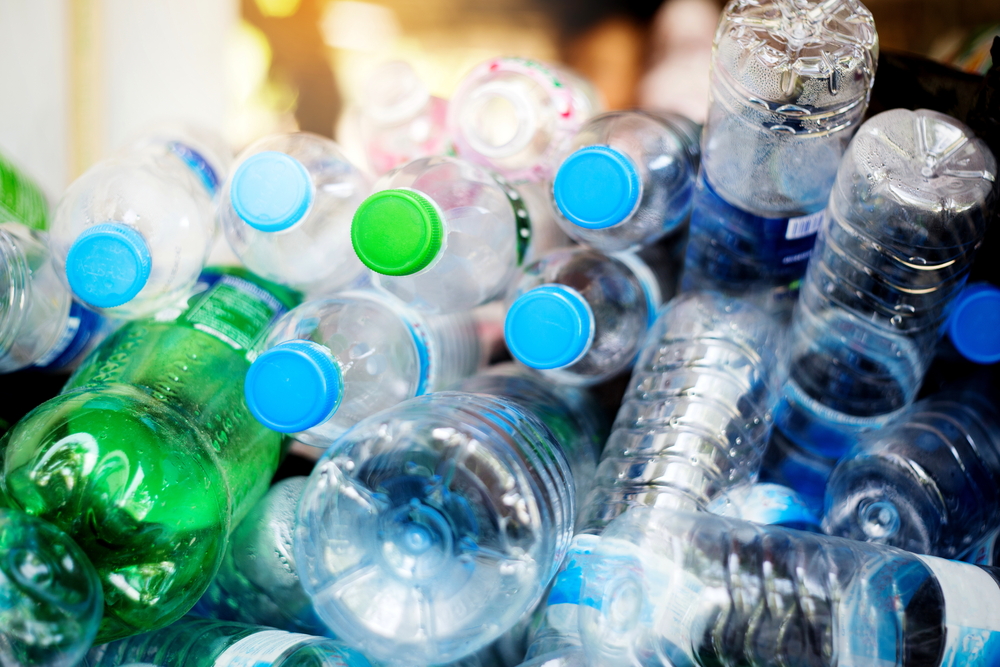

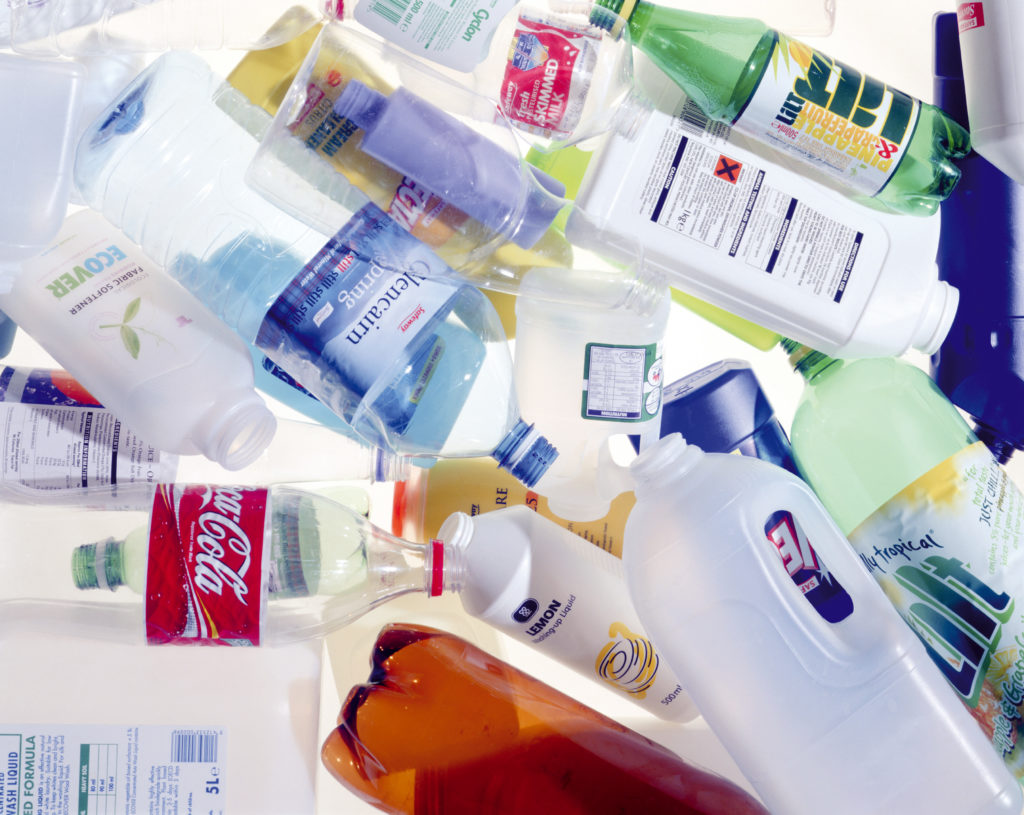

Subscribe for free